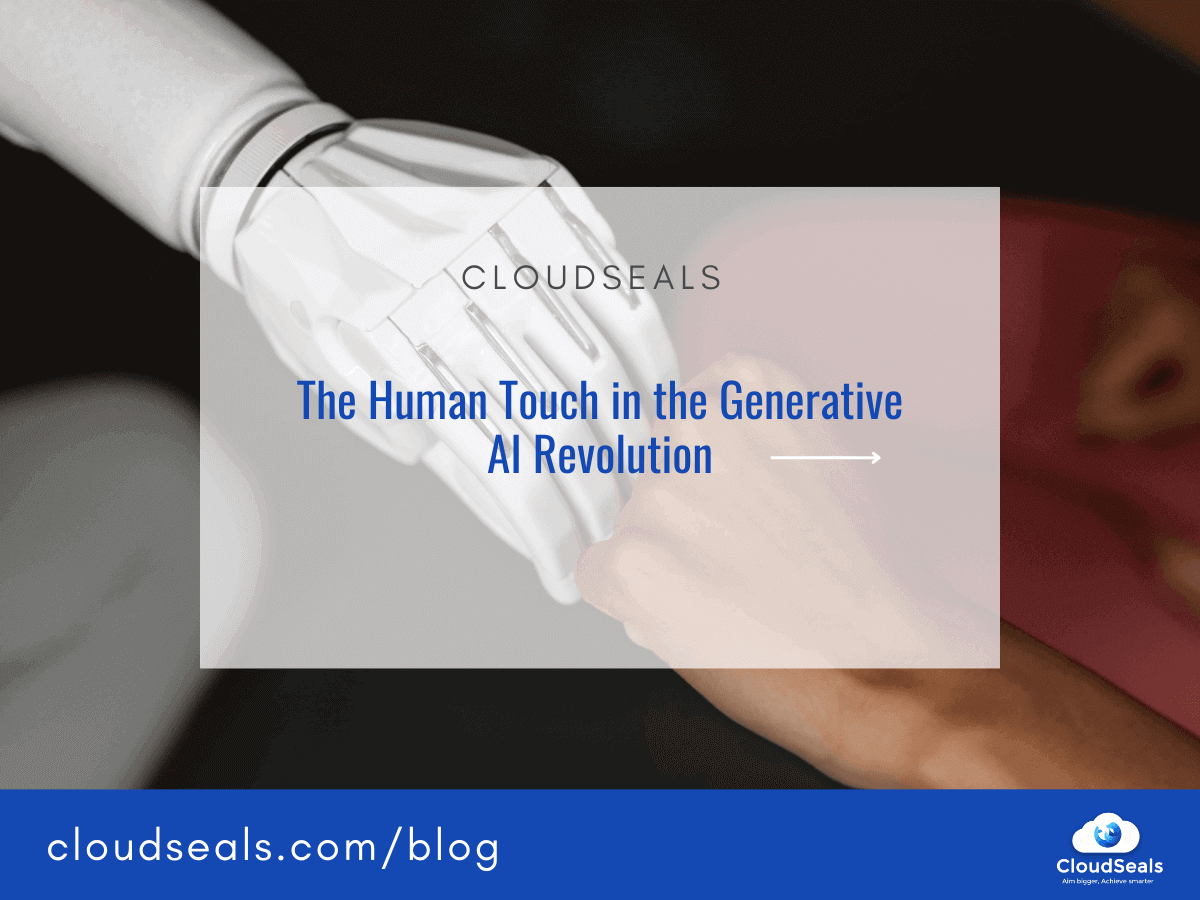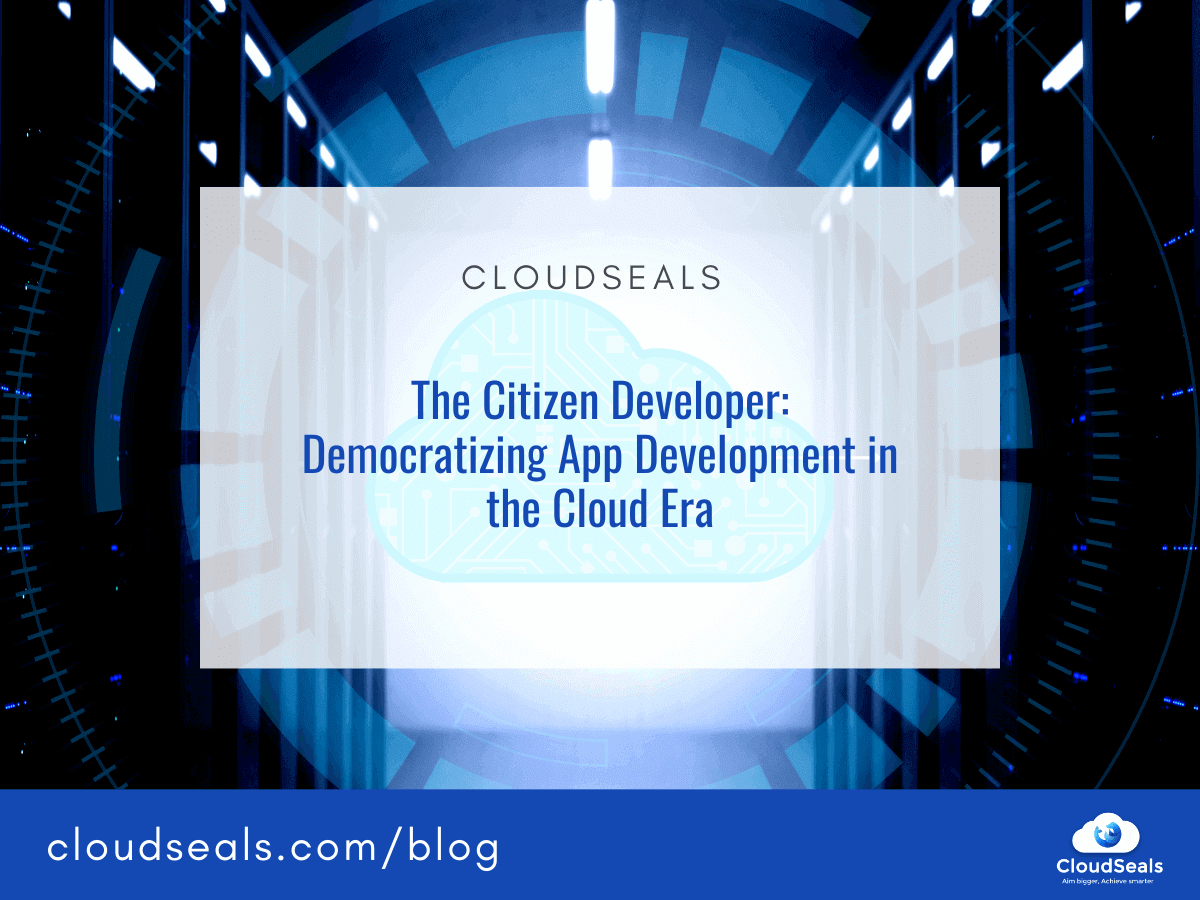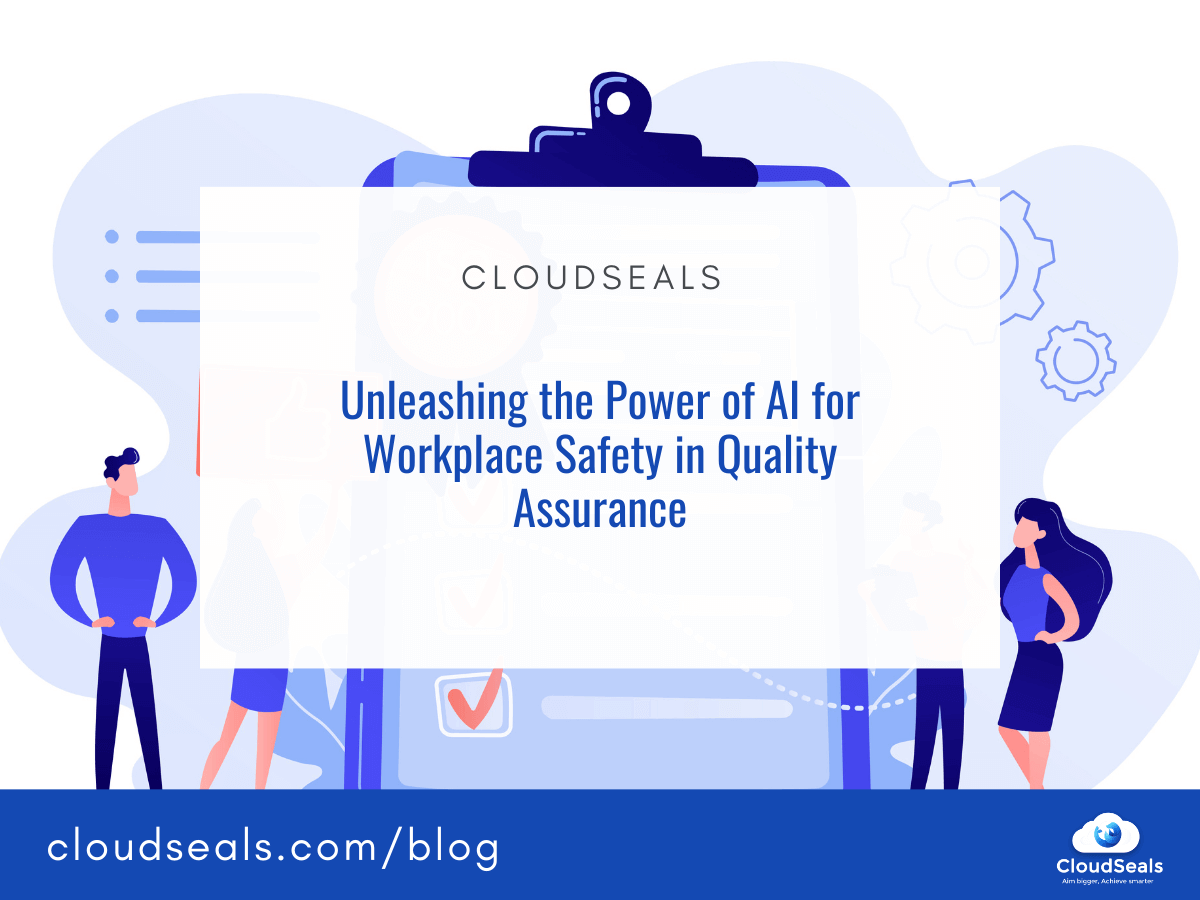
In today’s rapidly evolving landscape of machine learning (ML) and artificial intelligence (AI), the importance of responsible and ethical practices cannot be overstated. As ML systems become more pervasive, their impact on society and individuals grows, making it crucial to ensure that these systems are fair, explainable, and respect privacy and robustness principles. This is where the concept of Responsible AI comes into play, and it has become an integral part of the MLOps (Machine Learning Operations) process.
What is Responsible AI?
Responsible AI is a framework that ensures that AI systems are developed and deployed in an ethical, transparent, and accountable manner. It encompasses a set of principles and best practices that address various aspects of AI systems, including fairness, explainability, privacy, and robustness. By adhering to these principles, organizations can build trustworthy ML systems that respect human rights, promote equity, and mitigate potential harm.
Fairness in Machine Learning
Fairness in ML refers to the absence of bias or discrimination against individuals or groups based on protected characteristics, such as race, gender, or age. Biased ML models can perpetuate and amplify existing societal biases, leading to unfair and discriminatory decisions. To ensure fairness, it is essential to:
- Examine and mitigate biases in training data.
- Implement techniques like adversarial debiasing, calibrated equalized odds, and reject option classification.
- Continuously monitor and evaluate models for potential biases during deployment.
Tools like AI Fairness 360 (by IBM), Fairlearn (by Microsoft), and Aequitas (by University of Chicago) can assist in assessing and mitigating bias in ML models.
Explainability and Interpretability
Explainability and interpretability in ML systems are crucial for building trust and understanding how models make decisions. Opaque “black-box” models can lead to mistrust and hinder the ability to identify and mitigate potential issues. Best practices include:
- Employing interpretable models like decision trees or linear regression when possible.
- Using techniques like SHAP (SHapley Additive exPlanations) and LIME (Local Interpretable Model-agnostic Explanations) for model interpretability.
- Providing clear and understandable explanations to end-users and stakeholders.
Tools like SHAP, LIME, and Captum (by Facebook) can aid in interpreting and explaining ML models.
Privacy and Data Protection
Privacy and data protection are critical considerations in ML systems, as they often deal with sensitive and personal data. Responsible AI practices in this area include:
- Implementing robust data governance and privacy policies.
- Employing techniques like differential privacy, federated learning, and secure multi-party computation.
- Ensuring compliance with relevant data protection regulations, such as GDPR and CCPA.
Tools like TensorFlow Privacy, OpenMined, and PySyft can help protect privacy and enable secure and privacy-preserving ML.
Robustness and Security
ML systems must be robust and secure to prevent potential misuse, adversarial attacks, and unintended consequences. Responsible AI practices in this area involve:
- Testing models for robustness against adversarial attacks and edge cases.
- Implementing secure deployment practices and continuous monitoring for security vulnerabilities.
- Conducting risk assessments and developing mitigation strategies for potential failure modes.
Tools like Adversarial Robustness Toolbox (ART), CleverHans, and IBM Adversarial Robustness Library can assist in evaluating and improving the robustness of ML models.
Incorporating Responsible AI into the MLOps Lifecycle
Responsible AI practices should be integrated throughout the entire MLOps lifecycle, from data collection and model development to deployment and monitoring. This ensures that ethical considerations are addressed at every stage, minimizing the risk of unintended consequences and building trustworthy ML systems.
- Data Collection and Preparation: Implement data governance policies, examine and mitigate biases in data, and ensure privacy and compliance.
- Model Development: Employ techniques like adversarial debiasing, interpretable models, and robust architectures.
- Model Validation and Testing: Evaluate models for fairness, explainability, privacy, and robustness using appropriate tools and metrics.
- Deployment and Monitoring: Continuously monitor deployed models for potential issues, performance drift, and compliance with responsible AI principles.
How CloudSeals Helps Businesses Grow with Responsible AI and MLOps
CloudSeals, a leading provider of MLOps solutions, understands the importance of Responsible AI and incorporates these principles into its offerings. By partnering with CloudSeals, businesses can benefit from:
- Expert guidance and consultation on implementing Responsible AI practices throughout the MLOps lifecycle.
- Access to cutting-edge tools and frameworks for fairness, explainability, privacy, and robustness in ML systems.
- Robust MLOps pipelines and platforms that integrate Responsible AI considerations from the ground up.
- Continuous monitoring and auditing of deployed ML systems to ensure adherence to ethical and regulatory standards.
- Training and upskilling of teams on Responsible AI best practices and tools.
By prioritizing Responsible AI, CloudSeals empowers businesses to build trustworthy and ethical ML systems that drive innovation while respecting human rights and promoting equitable outcomes.
Conclusion
As the adoption of ML and AI technologies continues to grow, it is imperative that we prioritize Responsible AI practices to ensure these systems are fair, explainable, privacy-preserving, and robust. By incorporating these principles into the MLOps lifecycle, organizations can build trustworthy and ethical ML systems that drive innovation while mitigating potential harm. Tools and solutions like those offered by CloudSeals can assist businesses in navigating this complex landscape and unlocking the full potential of AI while maintaining a strong commitment to responsible and ethical practices.




